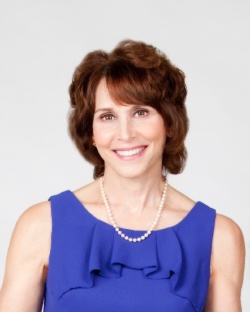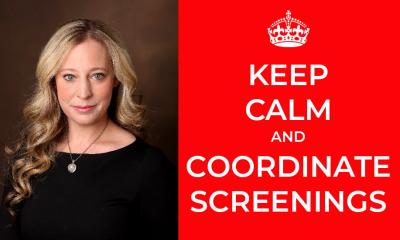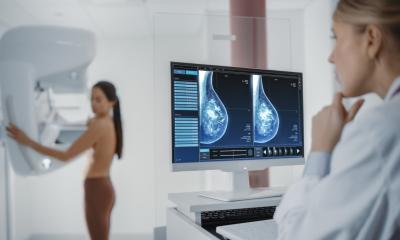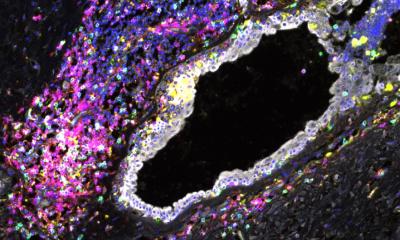'Women have a right to make informed decisions'
You don't want Nancy Cappello to be mad at you
Breast cancer hurt her but after a long treatment, she is now 10 years past the day she heard "You have cancer."

What made her angry was that for years she had been receiving what she calls "Happygrams," yearly mammograms that said she had no problems. When she asked why the mammogram had not detected her cancer earlier she was told her breasts were dense. "It was the first time I was informed that I have dense breast tissue and what that means for a woman. Dense tissue appears white on a mammogram and finding a tumor is like looking for a polar bear in a snowstorm," she said.
"I asked my physician why wasn’t I informed and the response was 'it is not the standard protocol.'”
Now Nancy Cappello was angry. Five years later the patient advocacy movement she founded succeeded in passing a law in her home state of Connecticut requiring doctors to report to a woman her breast density on a mammogram and if she is at high risk for cancer, to recommend ultrasound or MRI exams.
Inspired and support by Cappello, patient advocates in Texas pushed through a similar law. New York state and California followed. In 2013, eight more states passed laws, laws are proposed in five more states and 10 others are working legislation.
The Nancy Cappello Map showing States Density Reporting Laws is now a regular feature of sessions at the annual meeting of the Radiological Society of North America. The groundswell of support across the U.S. has also moved the medical deice industry that today offers computer-assisted reporting of the risk of cancer for a woman based on breast density in her mammogram.
"I have created a lot of work for a lot of people," she laughed during an interview with European Hospital.
Once she had recovered from her personal journey through treatment, which included a mastectomy, chemotherapy treatment, 24 radiation treatments and breast reconstruction, she said she could not let go of her frustration with the way women were treated by the "standard protocol."
"To withhold information about a woman's breast density, which may affect her healthcare, is denying a woman the right to make an informed decision about her health," she said.
"If early detection matters in breast cancer and I have dense breast tissue, you are not giving me an equal access to early detection with mammography. The argument is not about gold standards for clinical practice, it is about early detection of cancer. Either we are going to do that, or we are not going to do it," she argues.
Cappello's early efforts to require radiologists to report this information failed as she ran into stiff resistance in the state legislature.
She said she learned to "get smarter about this," creating a non-profit organization with a website, AreYouDense.com. In 2009 she began to see success for her efforts. With the rise of the internet, women began emailing, sharing stories and organizing their efforts, creating a groundswell of support.
by John Brosky
04.12.2013











